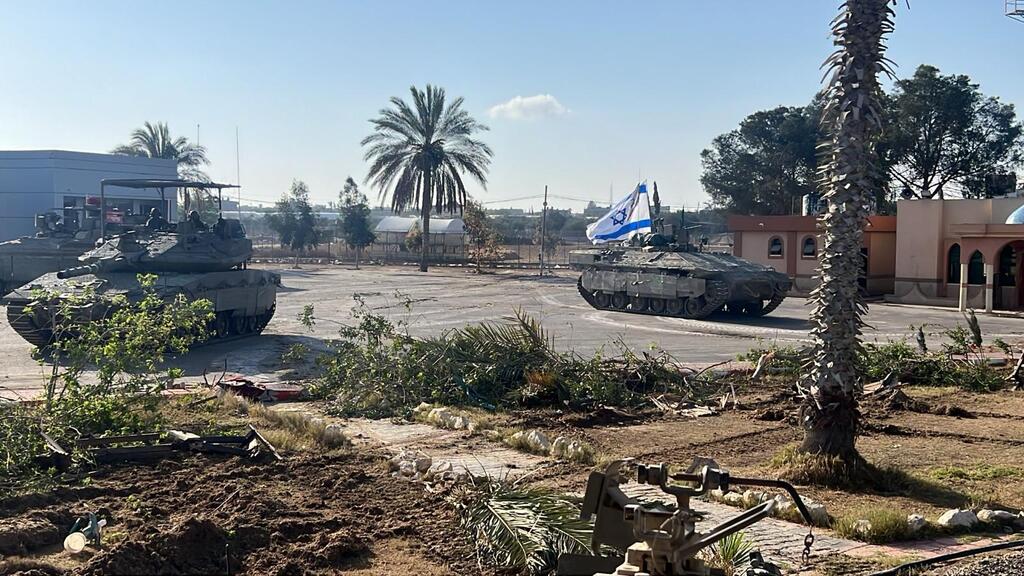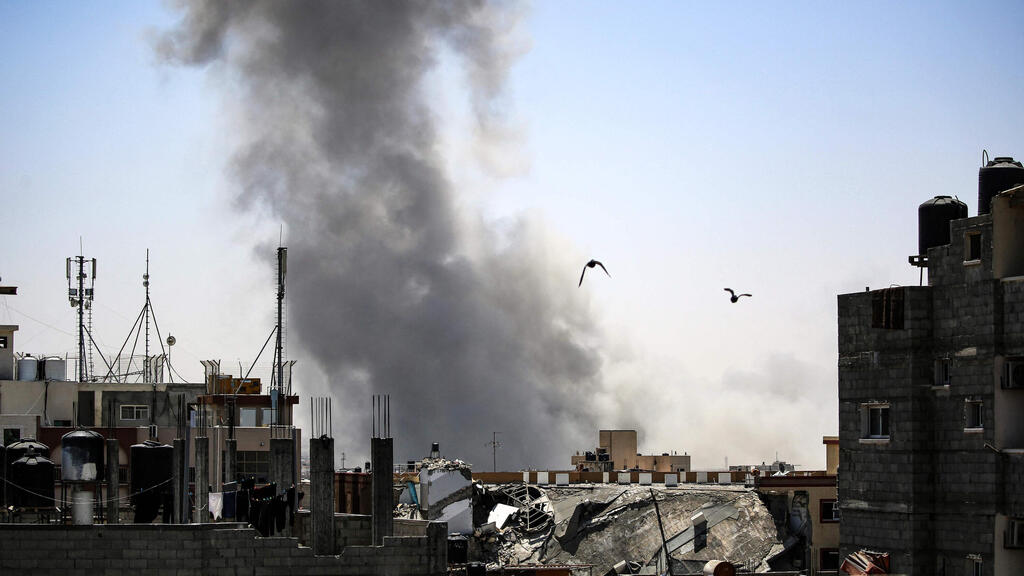Getting your Trinity Audio player ready...
U.S. President Joe Biden's confirmation on Wednesday about delaying the shipment of munitions for the IDF, amid the administration's opposition to an offensive on Rafah, and the testimony given by U.S. Secretary of Defense Lloyd Austin to Congress, about the reassessment of military aid shortly "in the context of events unfolding in Gaza," underscores the magnitude of the crisis facing Israel and the United States, especially during critical negotiations for the release of hostages.
Ironically, the restrictions that the Americans are seeking to impose on the Israeli operation in Rafah are likely to hinder any progress or breakthrough in negotiations with Hamas for a ceasefire. Hamas insisted on terms that no country has agreed to.
Leaders of the terror organization, both in Gaza and abroad, understand that Israel's hands are tied due to American pressure. This means that Israel lacks real leverage to influence the indirect negotiations with Hamas after it has already agreed to the return of displaced Gazans to their homes, agreed to withdraw forces from civilian population centers, and to release convicted terrorists with blood on their hands.
While the operation in Rafah continues, it is certainly not approaching the scale of the operation that took place in Khan Younis in December. It is a limited operation, and due to heavy American pressure, Prime Minister Benjamin Netanyahu agreed to resume the transfer of humanitarian aid through the Rafah crossing, which the IDF seized.
The administration's position likely stems from the desire to appease the Democratic and particularly progressive voter base ahead of the presidential elections in addition to a genuine concern for civilian lives while some one million Gazans have sought refuge in Rafah.
The pressure on Israel in this regard has caused Hamas to insist on its outrageous demands in talks for the release of captives and to try to intensify the fighting. The continuation of fighting in the south naturally affects the north, where Hezbollah is attempting, unfortunately with some success, to target IDF soldiers stationed near the border, not to mention the fact that the north has been emptied of its residents.
The potential for escalation in the north is enormous, and Hezbollah has already said that it will attack Israel as long as the fighting in Gaza continues. In other words, here too, by restraining Israel in Gaza, the White House is hampering any possibility of calm in the north, not just in the south.
There are ways to get out of the current deadlock with Washington. One of them, of course, is to have a closer dialogue with the administration over the day after the war in Gaza. Perhaps if Israel under Netanyahu had said something about the presence of the Palestinian Authority in Gaza on the day after, it would have also prompted Washington to increase pressure on Hamas, whether through Qatar or by giving Israel the green light for a broader operation.
However, after all the threats and promises of a "total victory" made by Netanyahu, a broad offensive on Rafah is Israel's last bullet to use in the negotiations with Hamas, but as long as the Americans do not support such action, it is clear to all sides that even this last resort is a dud.




